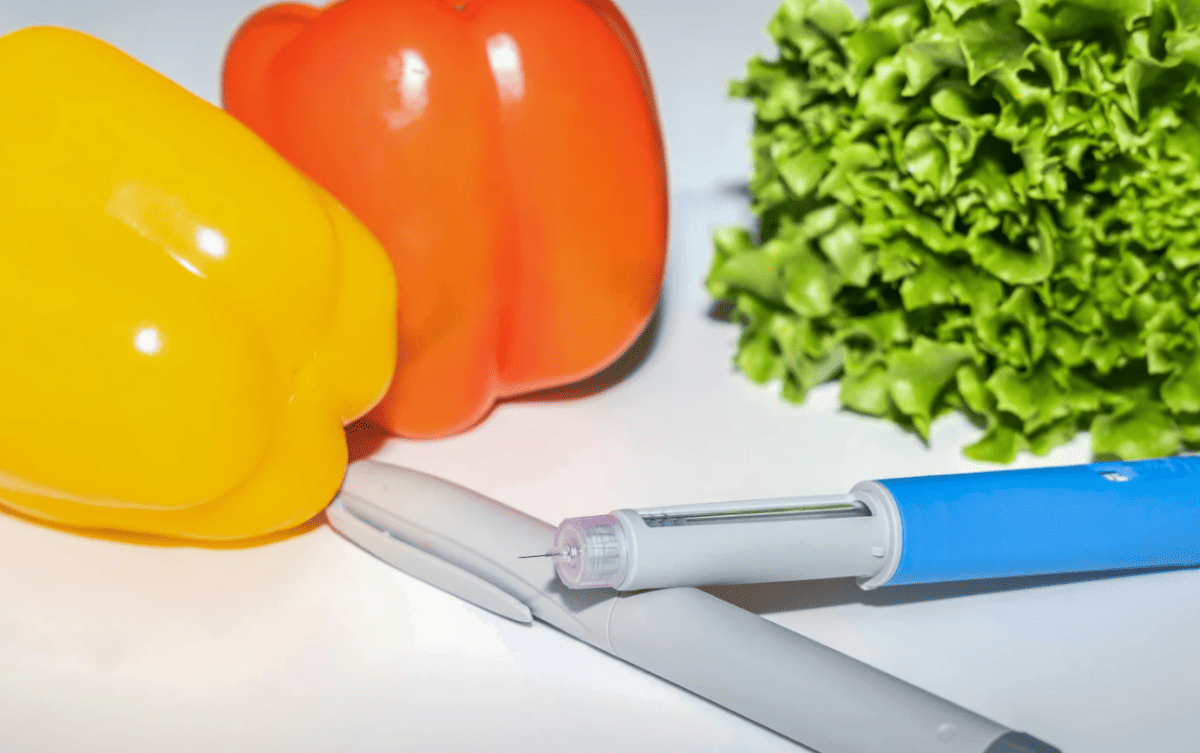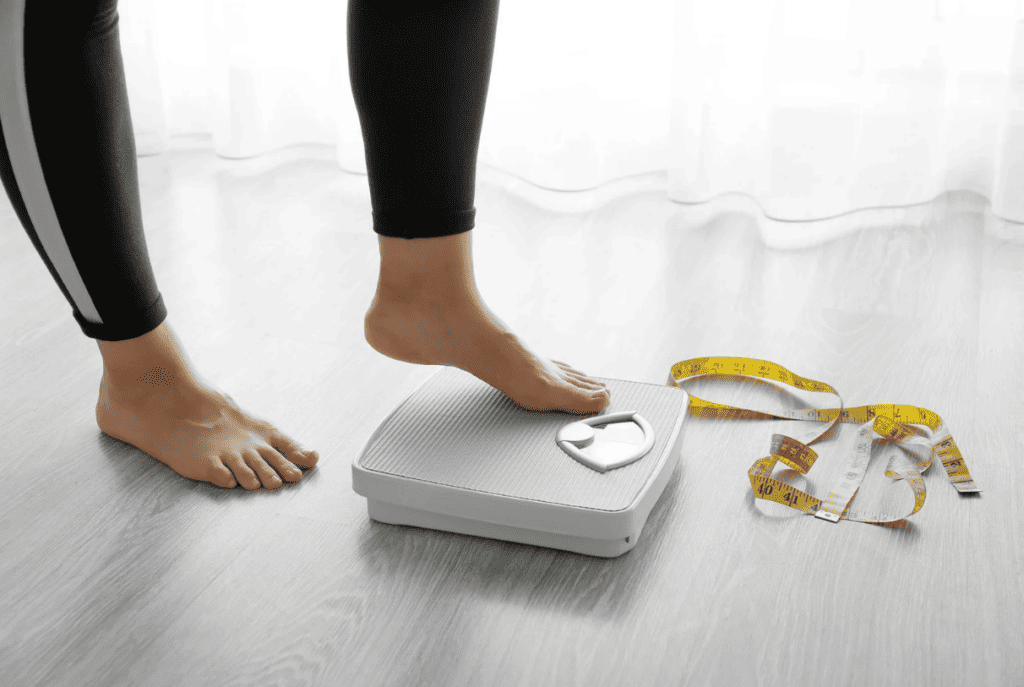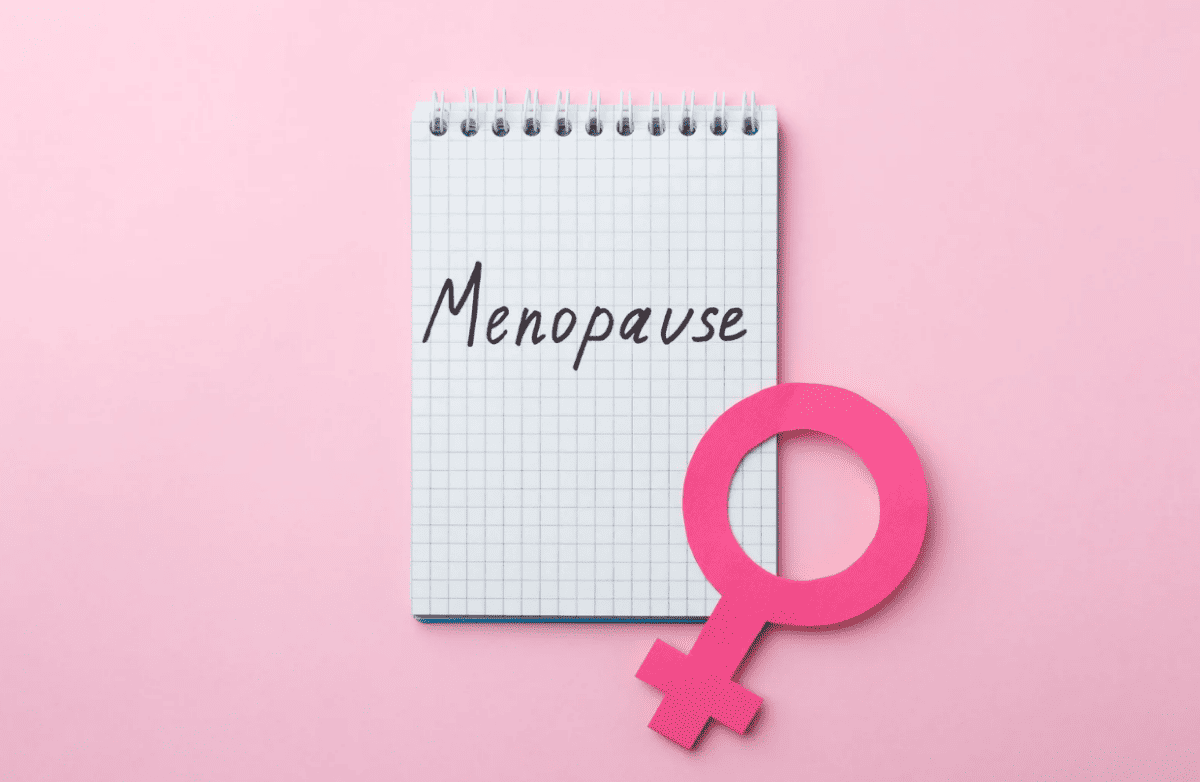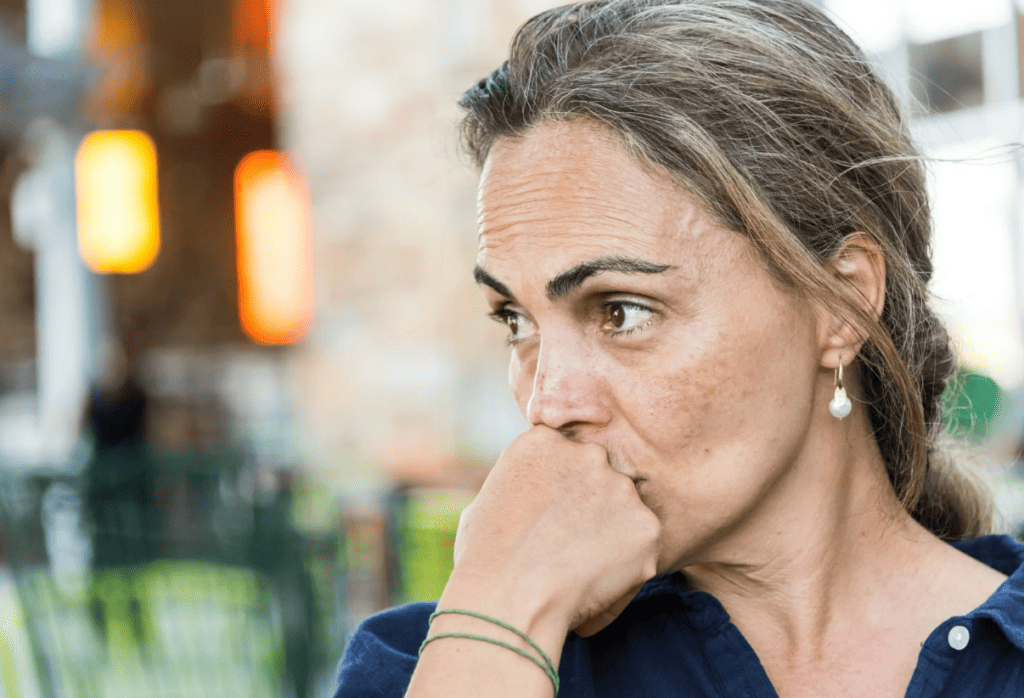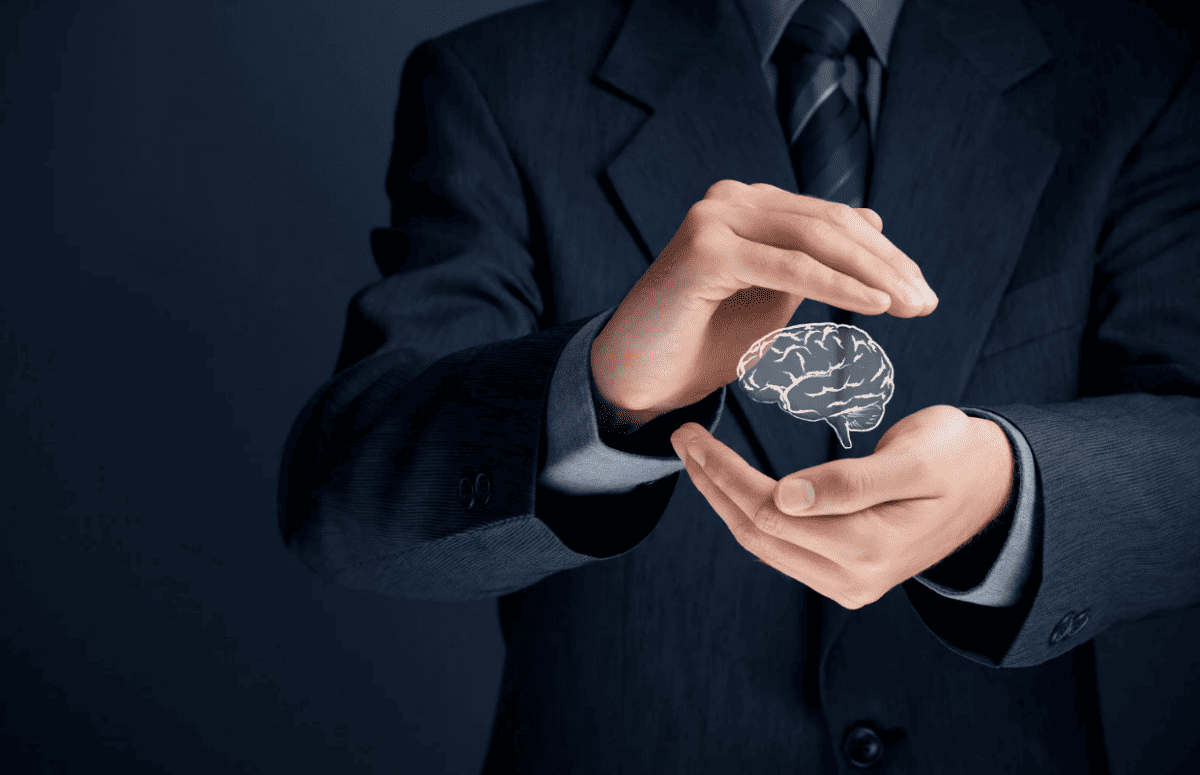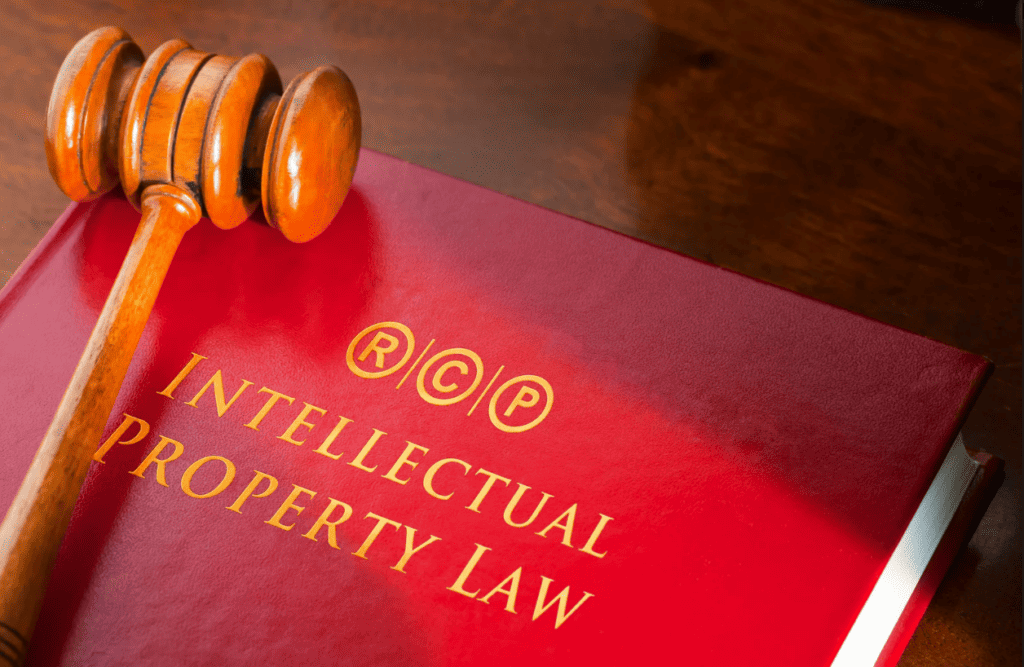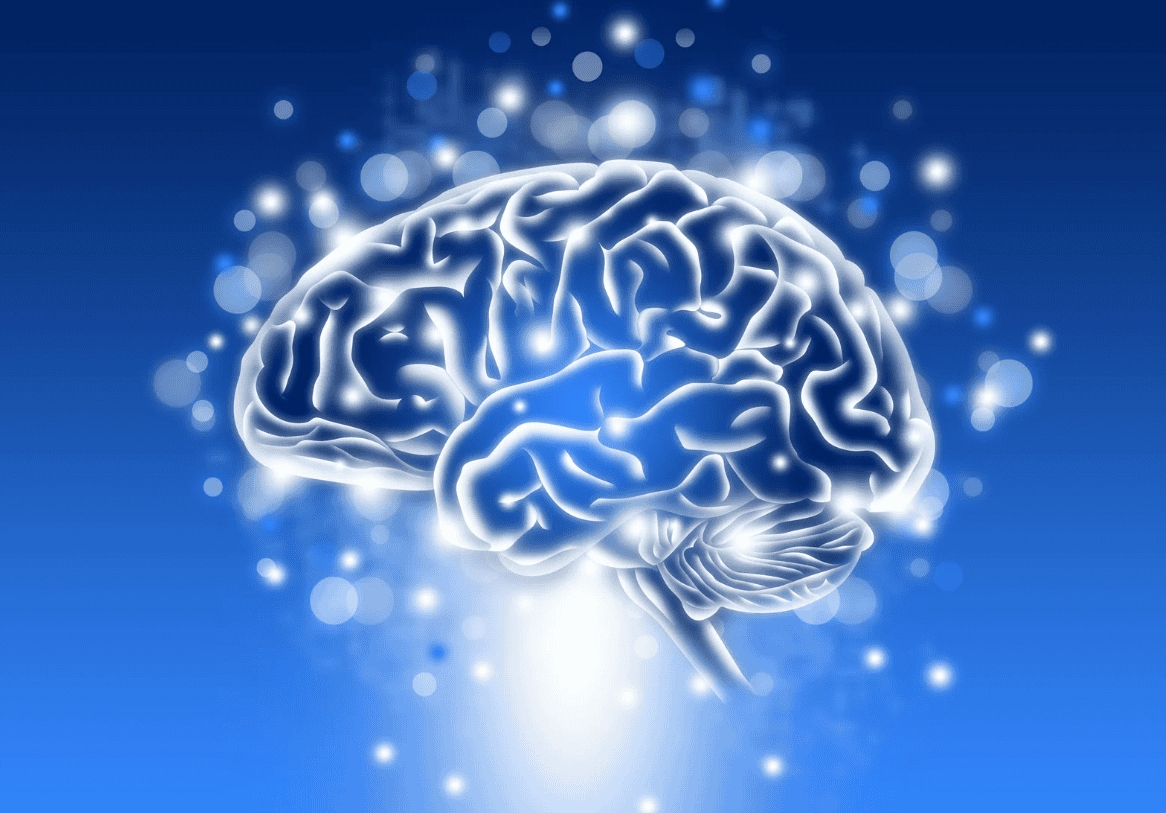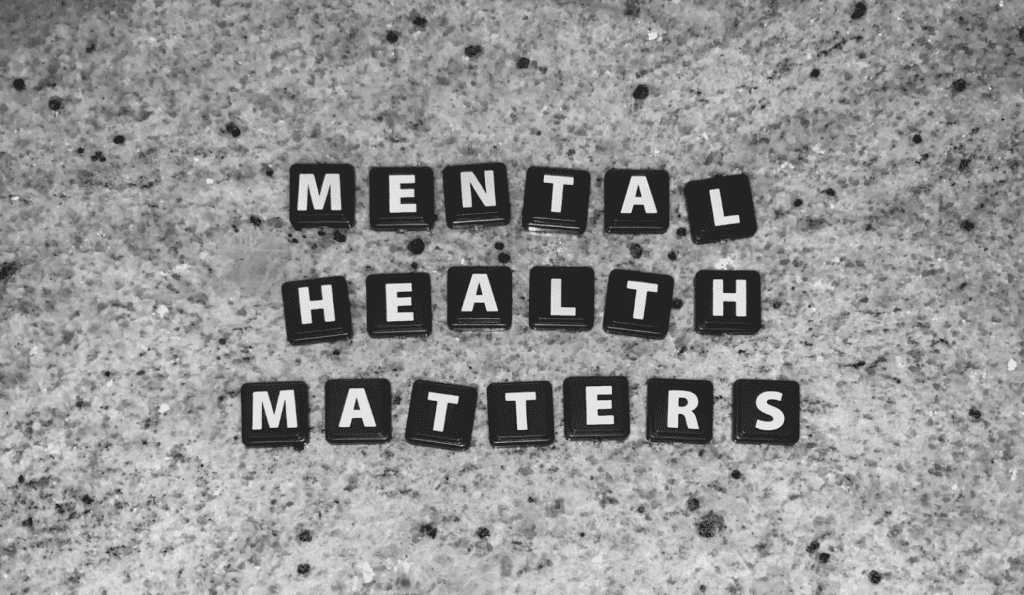Recognizing the importance of mental health within the realm of addiction treatment is crucial for effective recovery. Residential addiction treatments facilities often offer a structured environment that promotes healing for individuals grappling with substance use disorders.
The mental health benefits of residential addiction treatments are significant, providing a unique support system that fosters emotional stability, resilience, and a sense of community.
The Supportive Environment of Residential Addiction Treatments
Residential treatment facilities provide a haven away from the distractions and pressures of daily life. This supportive environment allows individuals to concentrate solely on their recovery journey. With access to professional guidance 24/7, clients can work through their challenges in a safe space where they can be vulnerable without fear of judgment.
The camaraderie developed among residents is a key element of healing. Engaging with peers who share similar experiences fosters a sense of belonging and understanding that is often lacking outside treatment. As individuals bond over shared struggles, they can learn from each other and develop emotional ties that enhance their commitment to recovery.
The continuous supervision available in these facilities ensures that any emerging mental health concerns are promptly addressed. Therapists are on hand to help unravel complex feelings that often accompany addictions, such as shame, guilt, and anxiety.

Access to Professional Therapeutic Support
A primary advantage of residential addiction treatments is the accessibility of professional therapeutic support. Trained mental health professionals are integral to the treatment process. They provide guidance through individual therapy, group sessions, and specialized programs tailored to the needs of each resident.
This multifaceted approach allows individuals to delve into the root causes of their addiction while developing effective coping mechanisms. Therapies offered in these settings may include cognitive-behavioral therapy (CBT), dialectical behavior therapy (DBT), and motivational interviewing, among others.
These therapeutic modalities encourage residents to confront the emotional and psychological challenges that fuel their addiction. As individuals work through their feelings and beliefs, they gain insight that fosters personal growth and healing.
Those seeking to recover from addiction often find that understanding their mental health issues is just as critical as addressing the substance use itself. It is beneficial to explore options that align with individual therapeutic needs, promoting a more comprehensive recovery. This holistic approach supports sobriety and equips individuals with the skills needed for long-term emotional resilience and well-being.
Holistic Approaches to Recovery
Holistic approaches have gained traction in residential settings, focusing on the entire individual rather than solely the addiction. These methods encompass mental, physical, and spiritual well-being, acknowledging the interconnectedness of all aspects of health. Activities such as yoga, meditation, and art therapy help clients cultivate mindfulness and inner peace, which can be invaluable in their journey toward recovery.
This comprehensive approach helps individuals learn to manage stress in healthier ways. Engaging in physical activity boosts endorphin levels, promoting feelings of happiness and accomplishment. Likewise, meditation and mindfulness practices teach residents to stay present from moment to moment, reducing anxiety and depressive thoughts that often emerge during recovery.
Developing Life Skills and Coping Mechanisms
Another significant benefit of residential addiction treatments is the development of essential life skills. Facilities often teach practical strategies that help residents manage their daily lives post-treatment. These skills include effective communication, emotional regulation, and problem-solving abilities. By practicing these skills in a supportive environment, individuals become better equipped to handle the stresses of life outside the treatment program.
Coping mechanisms are similarly emphasized to navigate triggers and cravings. It’s common for addiction’s underlying issues to return during high-stress situations. Clients are taught how to recognize these triggers and practice healthier responses. This training leads to increased confidence and a deeper understanding of oneself.

The Role of Family and Community in Recovery
Family involvement can greatly enhance the recovery process in residential addiction treatments. Programs often offer family therapy sessions, assisting families in understanding the impact of addiction on their loved ones. These sessions foster open communication and healing, promoting healthier relationships moving forward. Community support plays a critical role as well.
Many residential programs provide aftercare resources, ensuring that individuals have a network upon completing treatment. Programs may facilitate connections with support groups and recovery communities that provide ongoing encouragement and accountability. Engaging with a supportive network helps sustain motivation and fosters an enduring commitment to sobriety, reinforcing positive mental health long after treatment ends.
Long-term Mental Health Outcomes
The long-term mental health benefits of residential addiction treatments are substantial, contributing to lower relapse rates. Comprehensive care that addresses both addiction and emotional health results in more sustainable recovery outcomes. Individuals who engage in these programs often experience improvements in self-esteem, emotional stability, and overall life satisfaction.
Studies indicate that individuals who complete residential treatment tend to be more successful in maintaining employment and sustaining healthy relationships. The knowledge and skills gained through these programs tend to last long beyond the initial treatment phase, equipping individuals with invaluable tools to navigate future challenges.
By prioritizing both mental health and addiction recovery, residential addiction treatments create lasting positive impacts on individuals’ lives. From therapeutic support to communal bonding, these facilities lay the groundwork for a healthier future. Through continued focus on mental well-being, individuals can reclaim their lives and thrive in sobriety.



